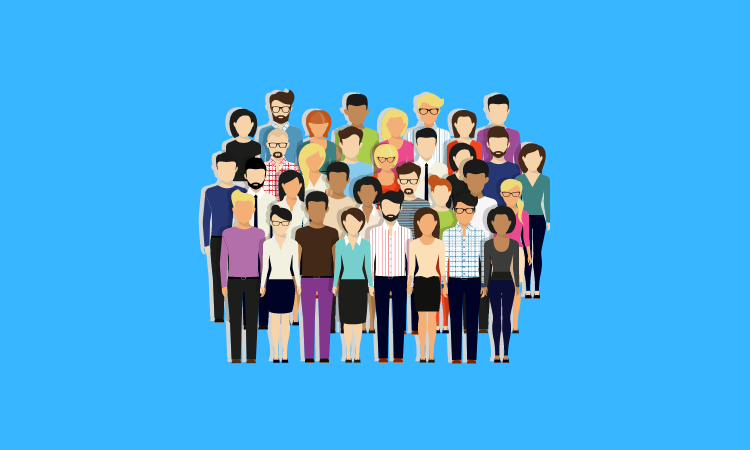New banks
‘We were laughed out of a lot of rooms’: How Daylight and First Boulevard offer personalized banking experiences for underserved communities
- A number of challenger banks have recently emerged to serve the needs of historically marginalized groups.
- Daylight provides individualized banking services to the LGBTQ+ community, while First Boulevard caters to the financial needs of African Americans.








